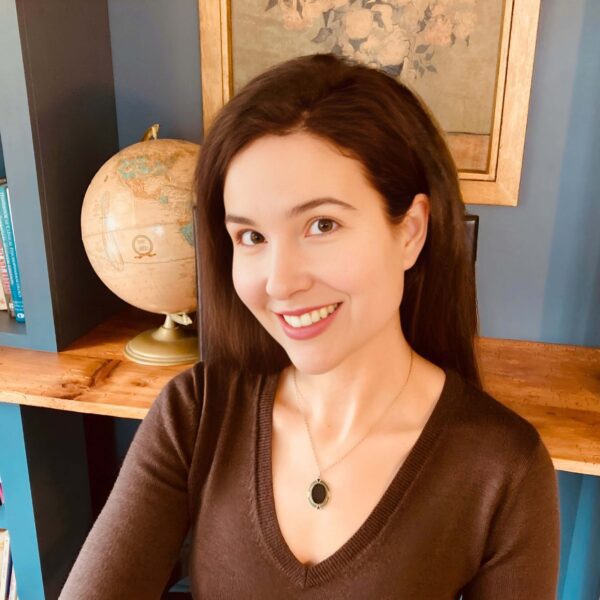In this lesson, we’ll explore the connection between creativity, self-actualization, and personal growth, especially for intellectually driven individuals who are often constantly striving to reach their fullest potential.
Maslow’s hierarchy of needs is often represented as a pyramid, but it’s important to note that Maslow himself never actually drew a pyramid. The pyramid itself is a simplification of his theory.
The core idea is that to achieve self-actualization—the realization of our greatest potential—we must first meet our basic physiological, safety, social, and esteem needs. However, throughout history, modern researchers agree that many individuals have bypassed these stages, often driven by an intense sense of purpose or extraordinary circumstances, to reach self-actualization in unconventional ways.
For many, the pursuit of self-actualization often goes hand in hand with a deep desire for personal growth, creativity, and helping others.
When I teach this lesson, I often encourage students to reflect on these needs and how they relate to their own lives, especially in areas such as self-awareness, confidence, and the drive for meaningful contributions. By engaging in self-reflection and setting personal goals, students can better understand how to approach self-actualization and, ultimately, maximize their potential (if that is their desire).
Maslow’s Hierarchy of Needs
1st level: Physiological needs (food, water, shelter)
2nd: Safety Needs (physical and emotional)
3rd: Social Needs (aka love and belonging needs)
4th: Esteem Needs (hobbies, meaningful tasks)
5th: Self-actualization Needs (achieving a “personality ideal” and one’s greatest potential)
- Self-aware
- Driven by personal growth
- Don’t mind what others think
- Interested in maximizing potential
- Interested in helping others
I encourage students to put the last five ideas into their own words while reflecting on how they think they are doing while approaching each area. Their personalized definitions are often very impressive, demonstrating an intuitive awareness of this inner drive within themselves. One of the reasons I absolutely love my work is I get to listen to students make relevant and interesting connections to information like this.
Optional Journal/Discussion Activity:
- Reflect on esteem needs (list hobbies/activities that are personally fulfilling). When/where do you feel valued, respected, confident, and like you are making a unique contribution?
- Define “self-actualization” for yourself. What do the five components listed look like for you (self-aware, personal growth, etc.)? How would you describe them in your own words? How do you think you are doing approaching each area of self-actualization?
- Who are the five core people in your life you process your projects with (in other words, you care what they think)? Do you think these people deserve this highly valuable place in your head? Why or why not? Do you think they assist your path to “self-actualization?
- What does self-actualization have to do with being creative and confident? Can you think of any self-actualized individuals? Why do they serve as good role models?
- Maslow equated the full realization of one’s potential with the struggle for perfection of one’s talents and capabilities. When does perfectionism “help” you reach self-actualization? When does it prevent it?
Go Deeper
- Explore the five levels of The Theory of Positive Disintegration and compare/contrast it with Maslow’s Hierarchy of needs
- Transcend: The New Science of Self-Actualization by Scott Barry Kaufman
- Bullying by Exclusion: Gifted Students and “Maslow’s Paradox” https://eric.ed.gov/?id=EJ984379
-
A Case for Affective Education: Addressing the Social and Emotional Needs of Gifted Students https://www.sengifted.org/post/a-case-for-affective-education-addressing-the-social-and-emotional-needs-of-gifted-students
Subscribe
Subscribe to the blog for interesting information about cognitive diversity from Michelle’s research and classes.
Related Posts
Self-Acceptance Vs. Self-Esteem + How to Forgive Yourself
Posted in Social and Emotional Learning
“Be nice to yourself. It’s hard to be happy when someone’s mean to you all the time.” – Christine Arylo Although often used interchangeably, self-esteem and self-acceptance are …
Realistic Expectations
“You don’t have to be perfect. You just have to be consistent.” – Unknown Case Study Examples Olivia set high expectations for herself – perfect grades, leadership roles, …


